Applications for the National Green Earth Challenge are now closed.
India’s cities are expanding rapidly, placing immense pressure on our environmental systems. In response, the PJMT National Green Earth Challenge invites students of Architecture, Engineering, and Design from across India to tackle some of the most urgent sustainability challenges of our time.
This national competition invites students to propose innovative, practical solutions with an interdisciplinary approach under one of the following categories:
The competition unfolds in three stages:
Grounded in the ancient Indian philosophy of the Panchabhutas, the challenge draws on the interconnectedness of natural elements as a guiding design framework. Each submission must engage with at least one of these elements and connect its solution to one or more UN Sustainable Development Goals (SDGs).
The Panchabhutas
While developing designs, solutions and products, each Panchabhuta can be put into practice in the following ways:



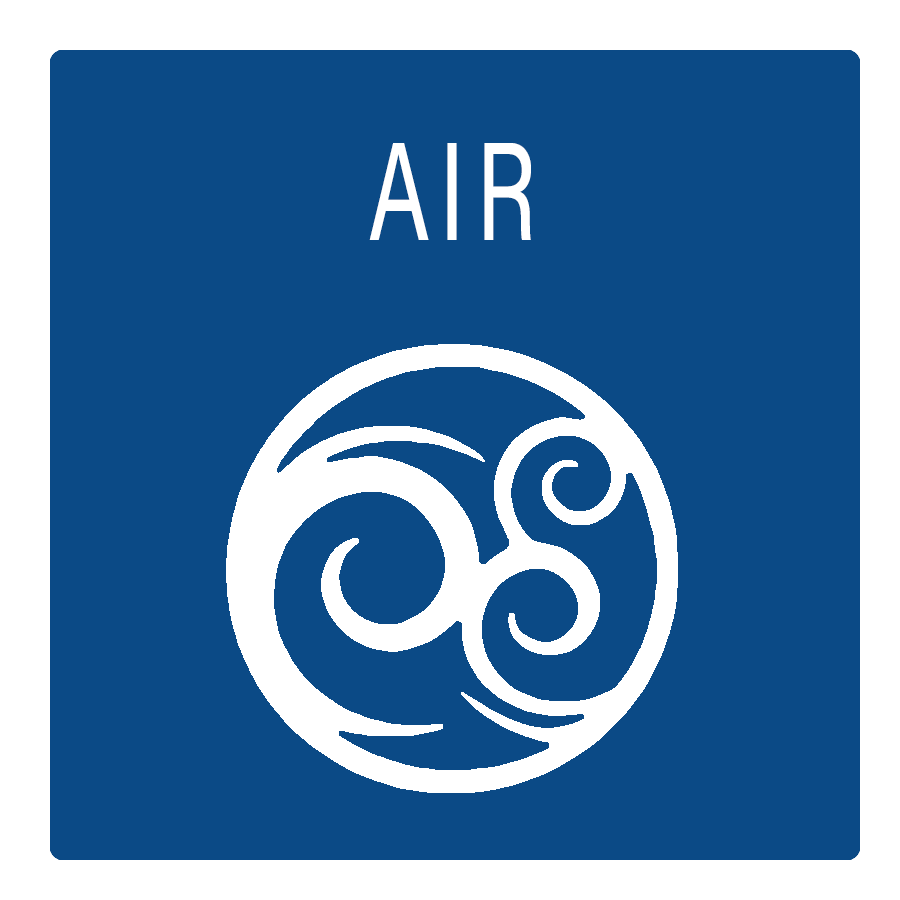

For both categories, Sustainable Habitat and Sustainable Product Design, we expect submissions to focus on how solutions draw inspiration from one or more of the Panchabhutas as well as preserve their balance and integrity in relation to the natural environment.
Sustainable Development Goals
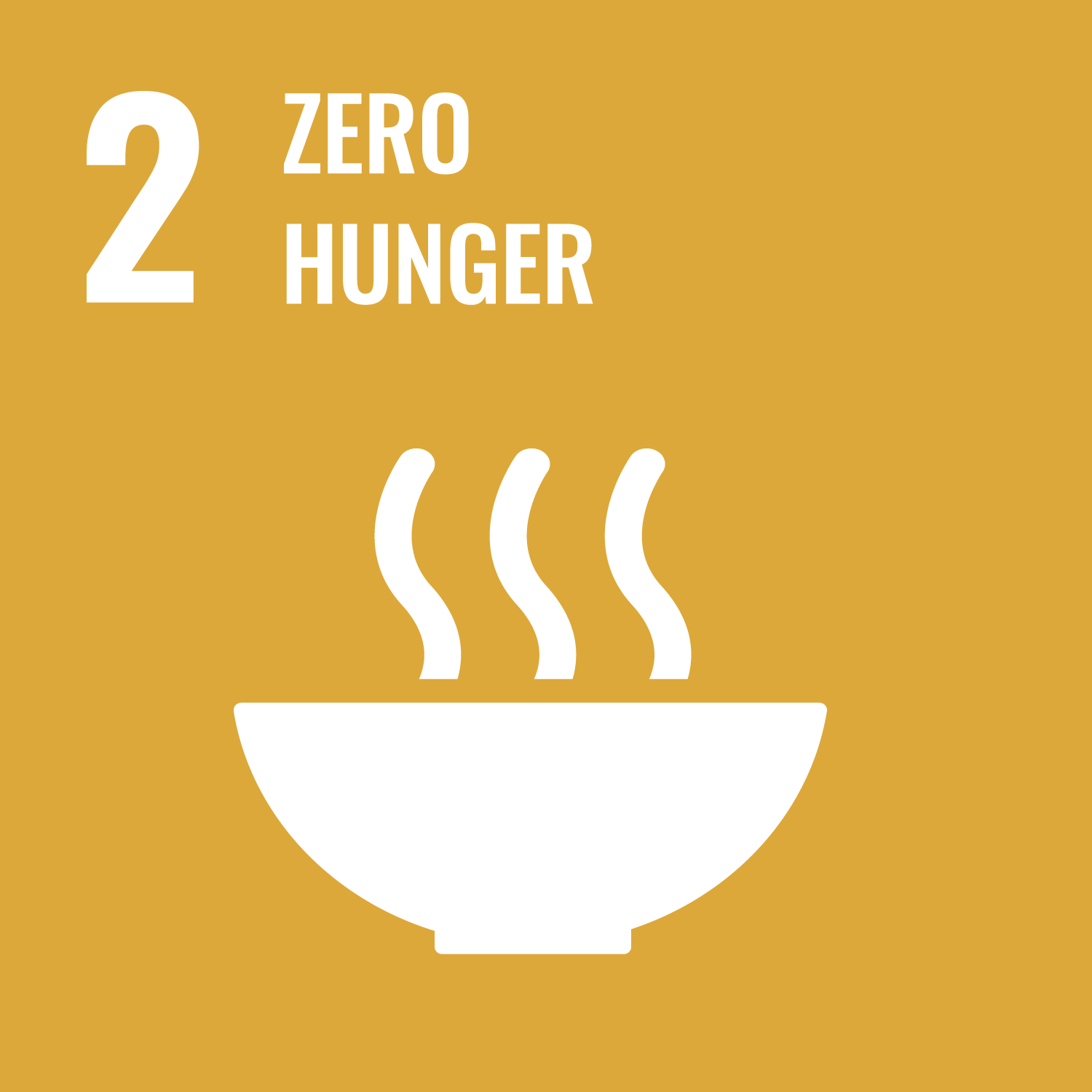
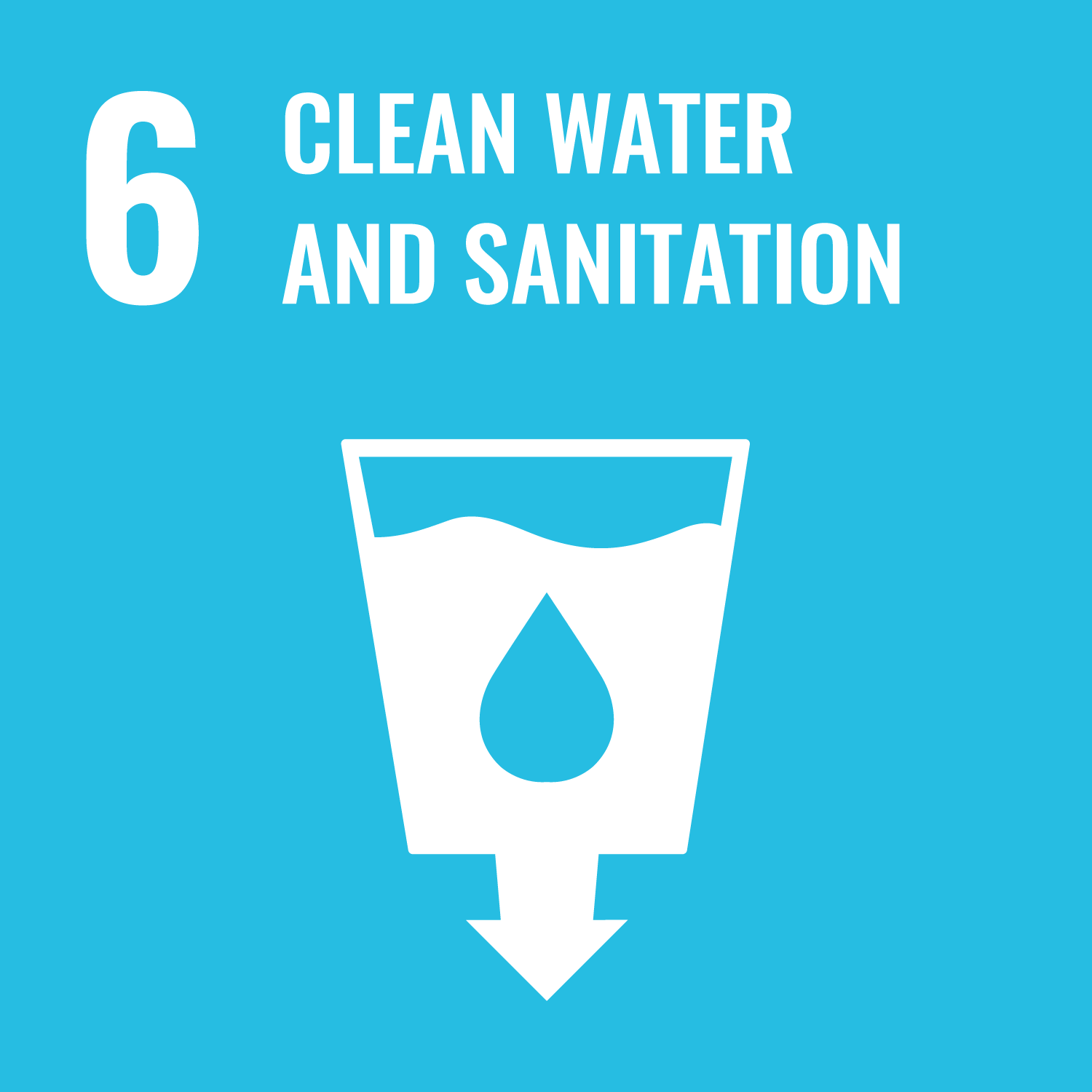
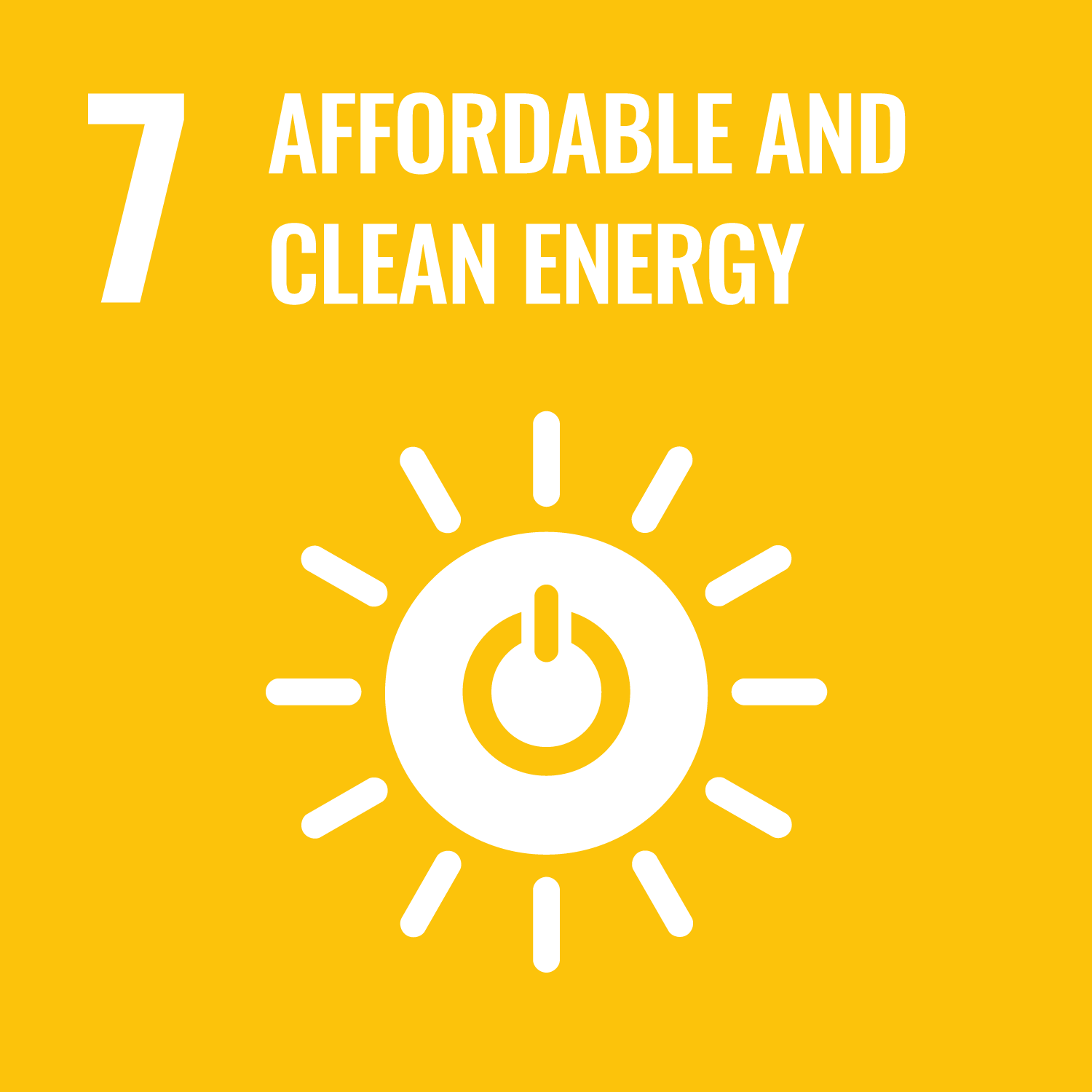
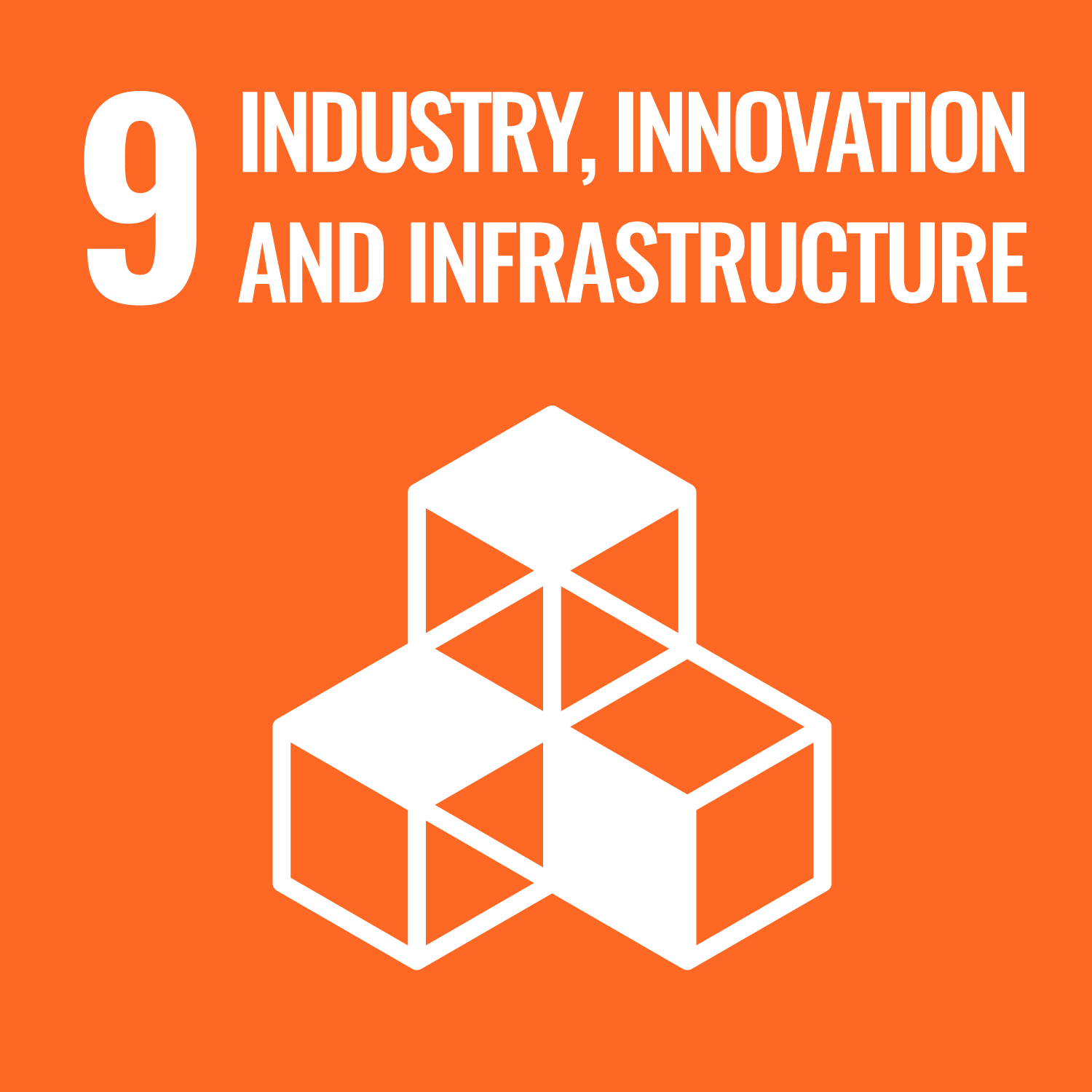
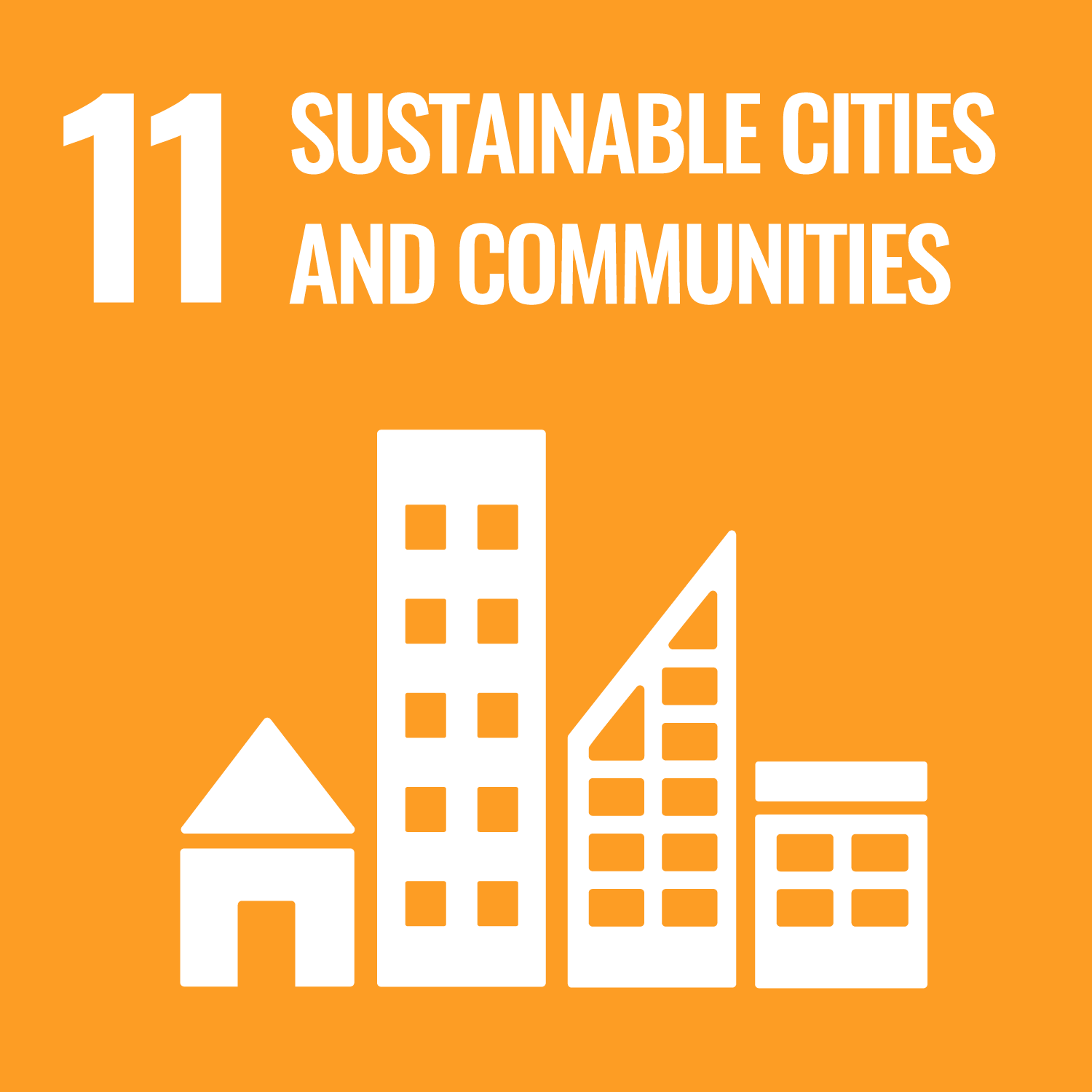
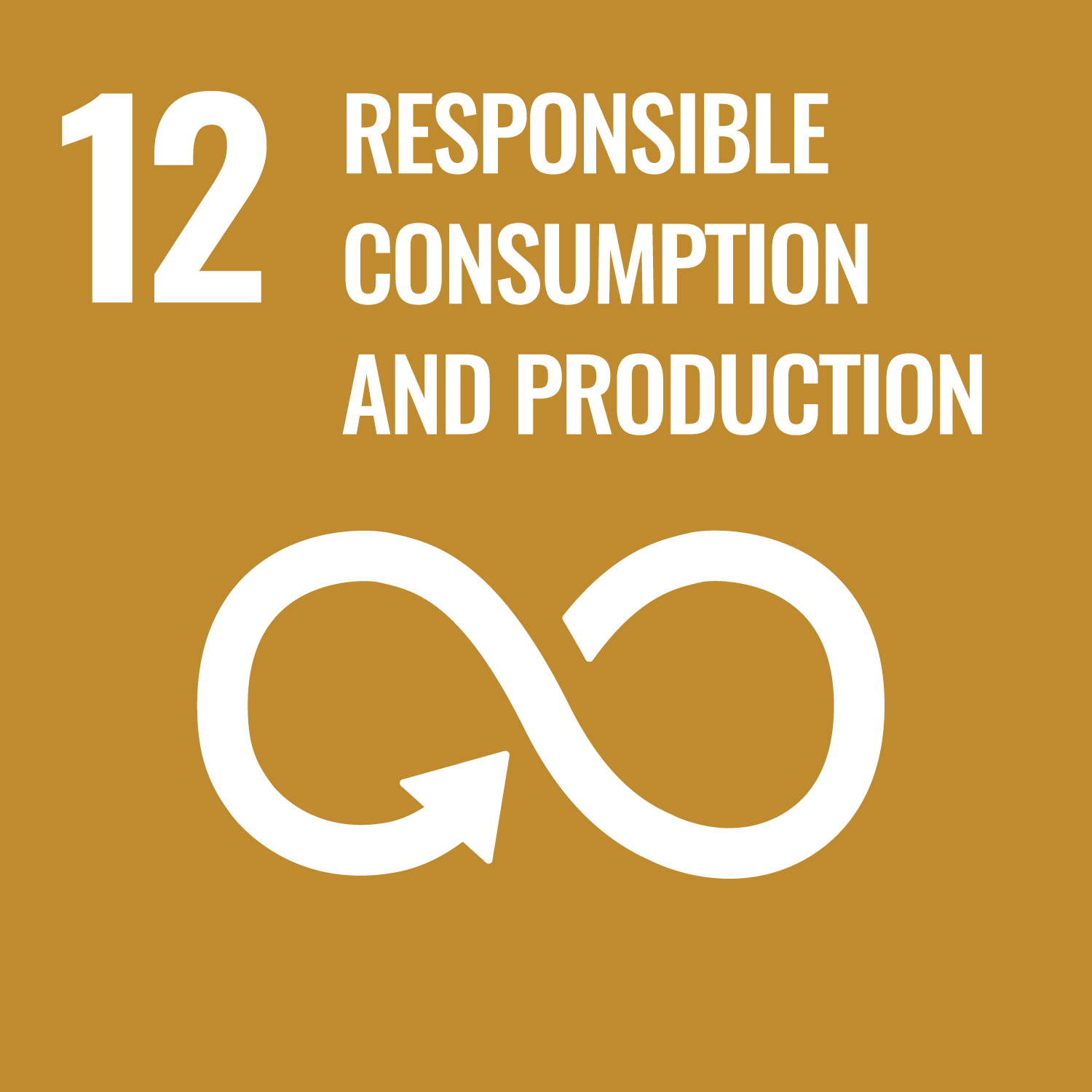
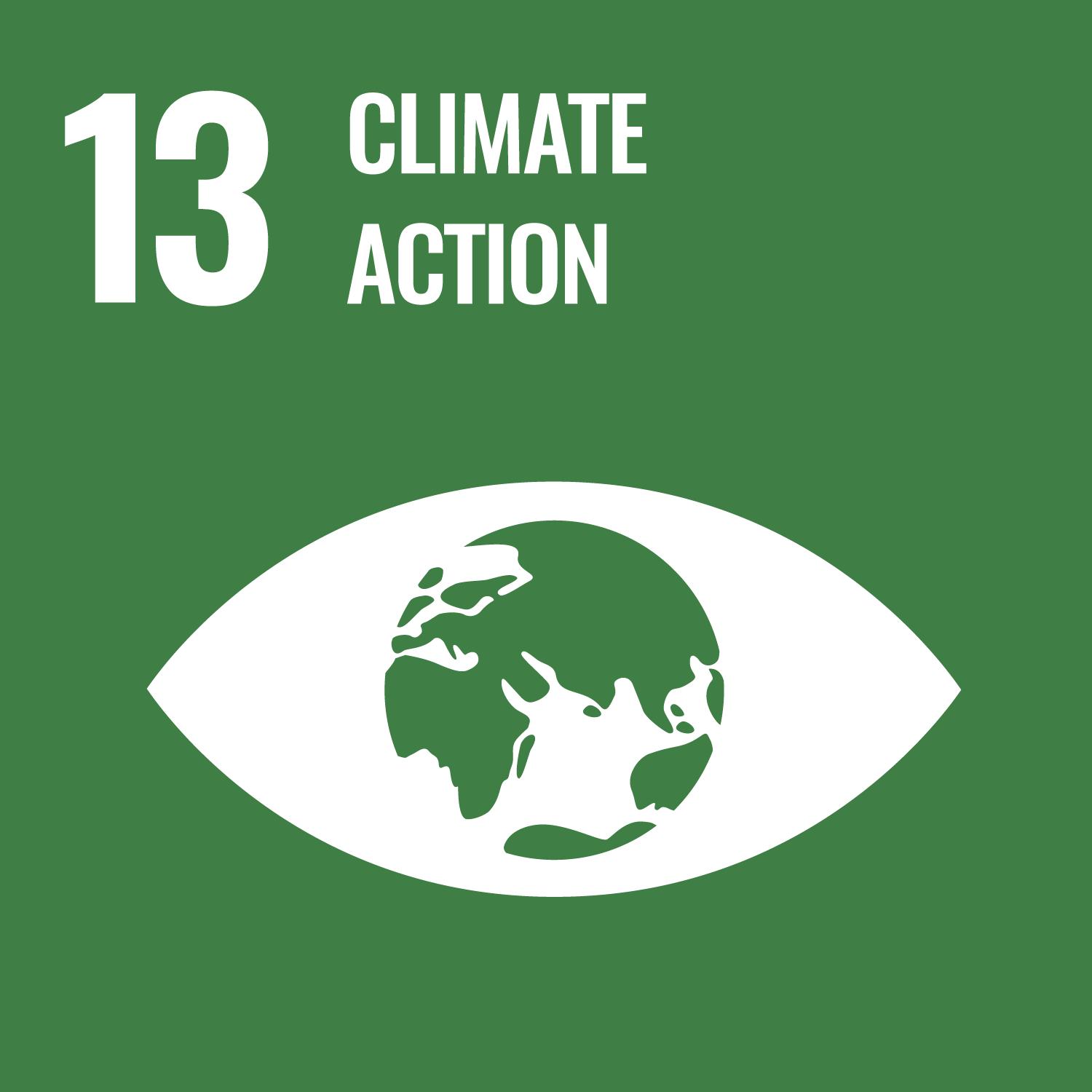
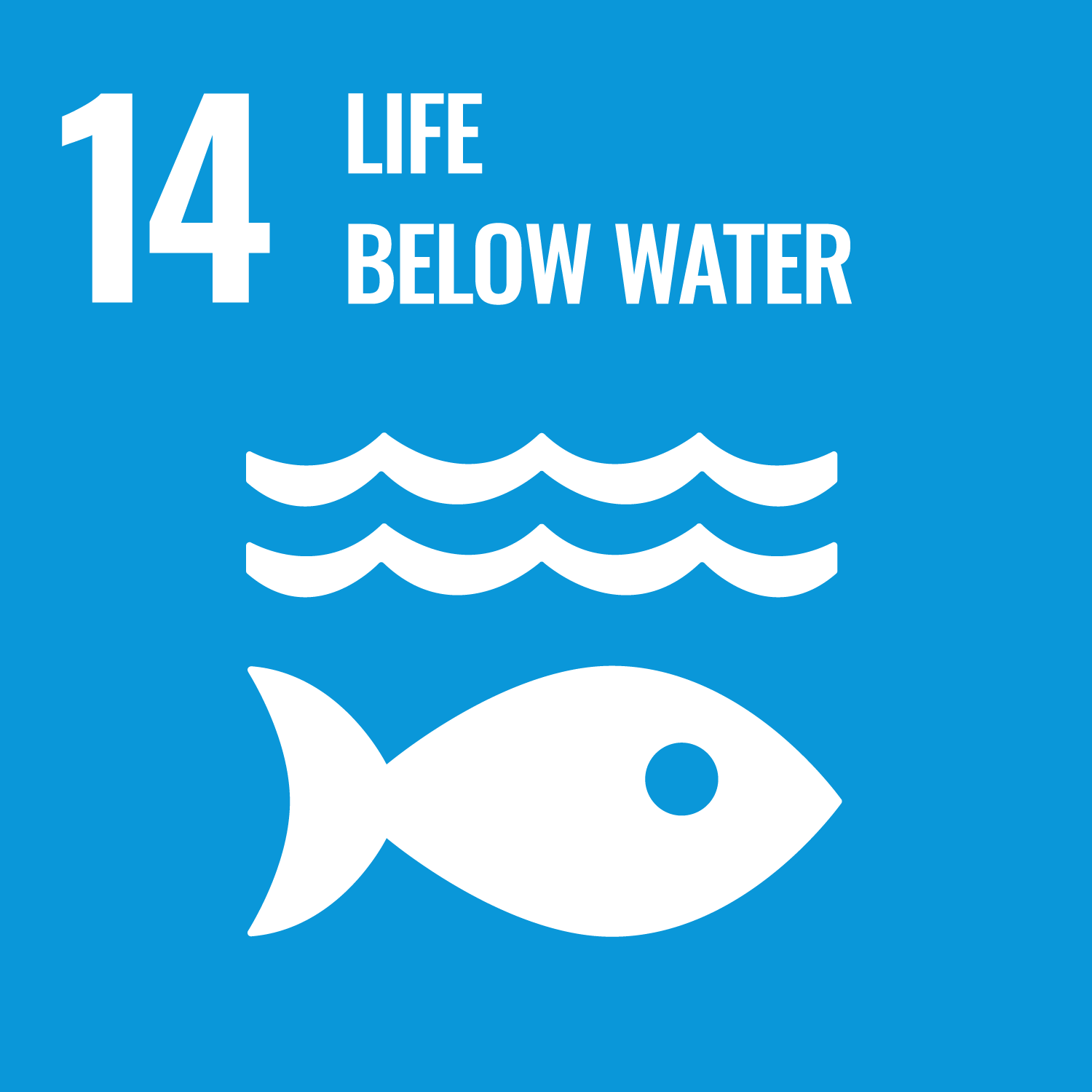
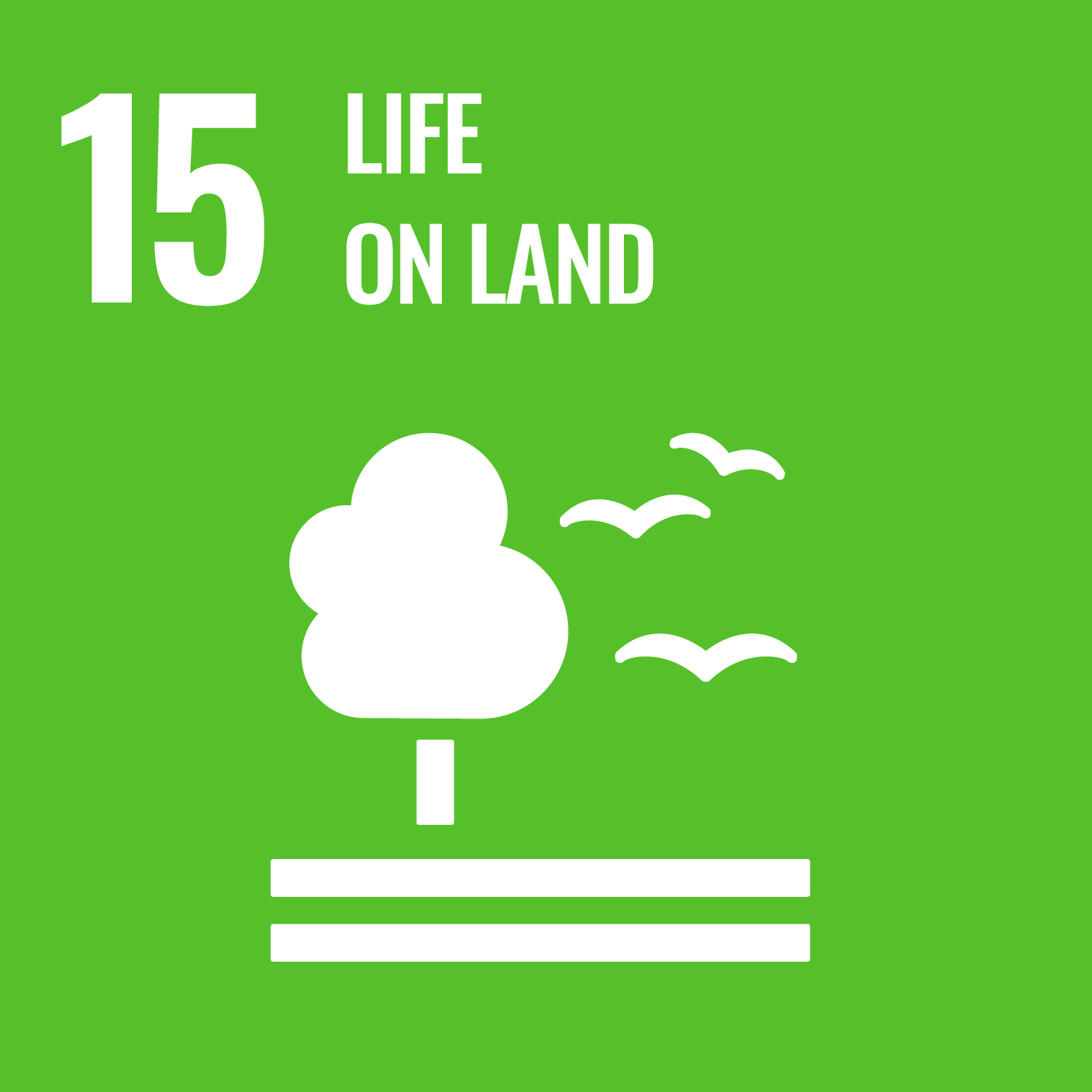
The PJMT National Green Earth Challenge ultimately seeks to inspire a new generation of sustainability leaders—young thinkers and doers who can harmonize innovation with responsibility, and shape the future with care, courage, and consciousness. Click to see if you can apply!
Exciting prizes worth ₹10,00,000 are up for grabs!
Sustainable Product Design
This category invites students to transform available resources into innovative products—spanning textiles, materials, or everyday objects—that promote circularity and environmental regeneration. Submissions should rethink how products are made, used, and repurposed, creating solutions that keep materials in use for as long as possible and benefit humanity, communities, society, and the environment as a whole.
Solutions must draw inspiration from the Panchabhutas, the 5 Rs (Repurpose, Recycle, Refuse, Reuse, and Reduce), and contribute meaningfully to relevant SDGs by extending material life, minimising environmental harm, and reimagining production and use.
Open to students pursuing:
Sustainable Habitat
This category invites students to design a device, space, system, or structure that reimagines how we live, move, and build. Your solution should address a real-world challenge through an integrated approach—balancing ecological limits with human needs—through repurposing available resources, leveraging spatial intelligence, material innovation, energy-efficient systems and sustainable technologies.
Solutions must draw inspiration from the Panchabhutas, contribute meaningfully to relevant SDGs, and demonstrate resource efficiency, climate responsiveness, and long-term viability. Applicants are encouraged to think beyond their primary discipline and incorporate methodologies from other fields to enrich their submissions.
Open to students pursuing:
Zonal Rounds
Top entries from each zone (North, East, West, and South) will present their ideas to an esteemed jury. The winners in every zone will receive the following seed money as cash prizes:
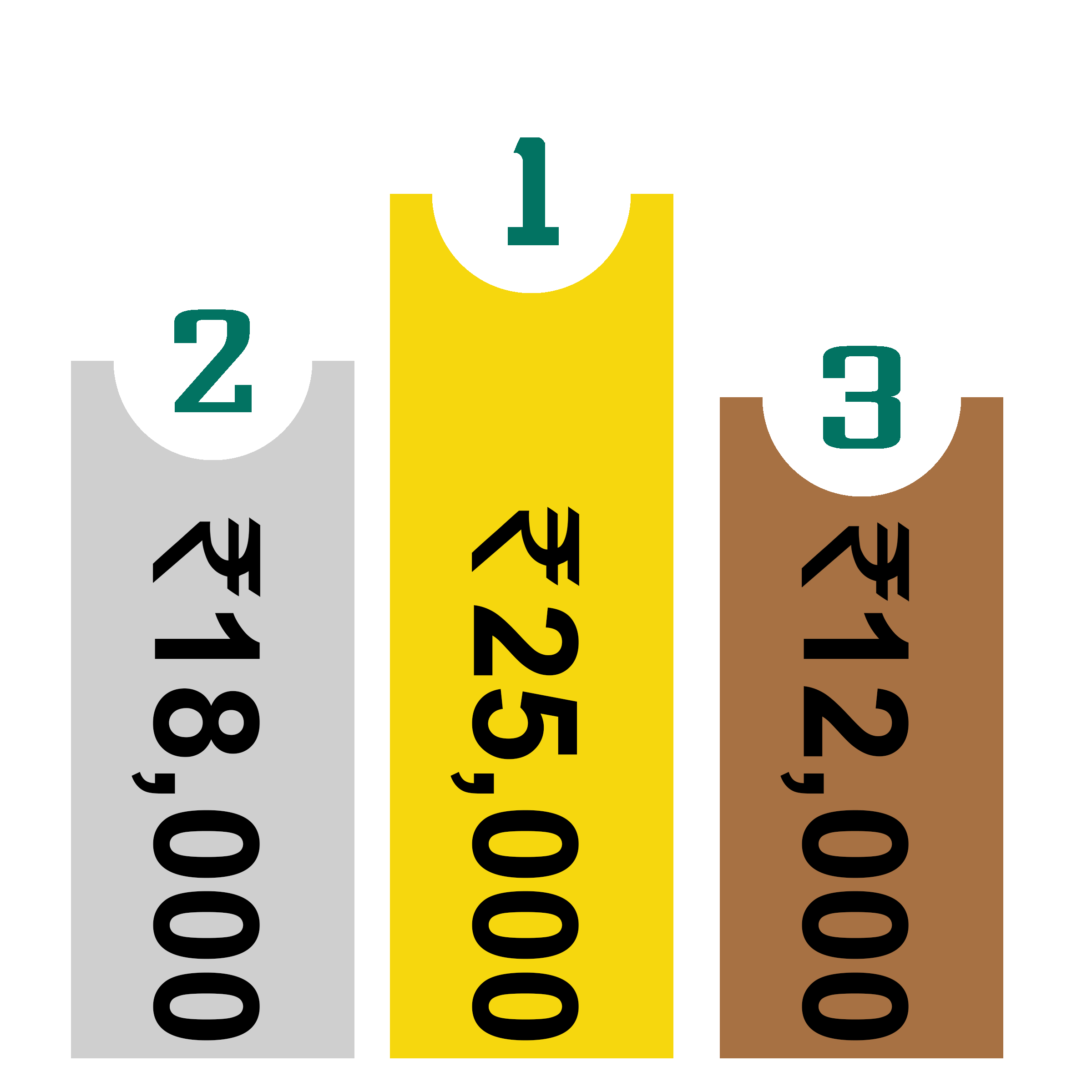
National Round
The zonal winners and first runner-ups from each zone will compete at the Grand Finale in Delhi.
The winners will receive the following cash prizes:
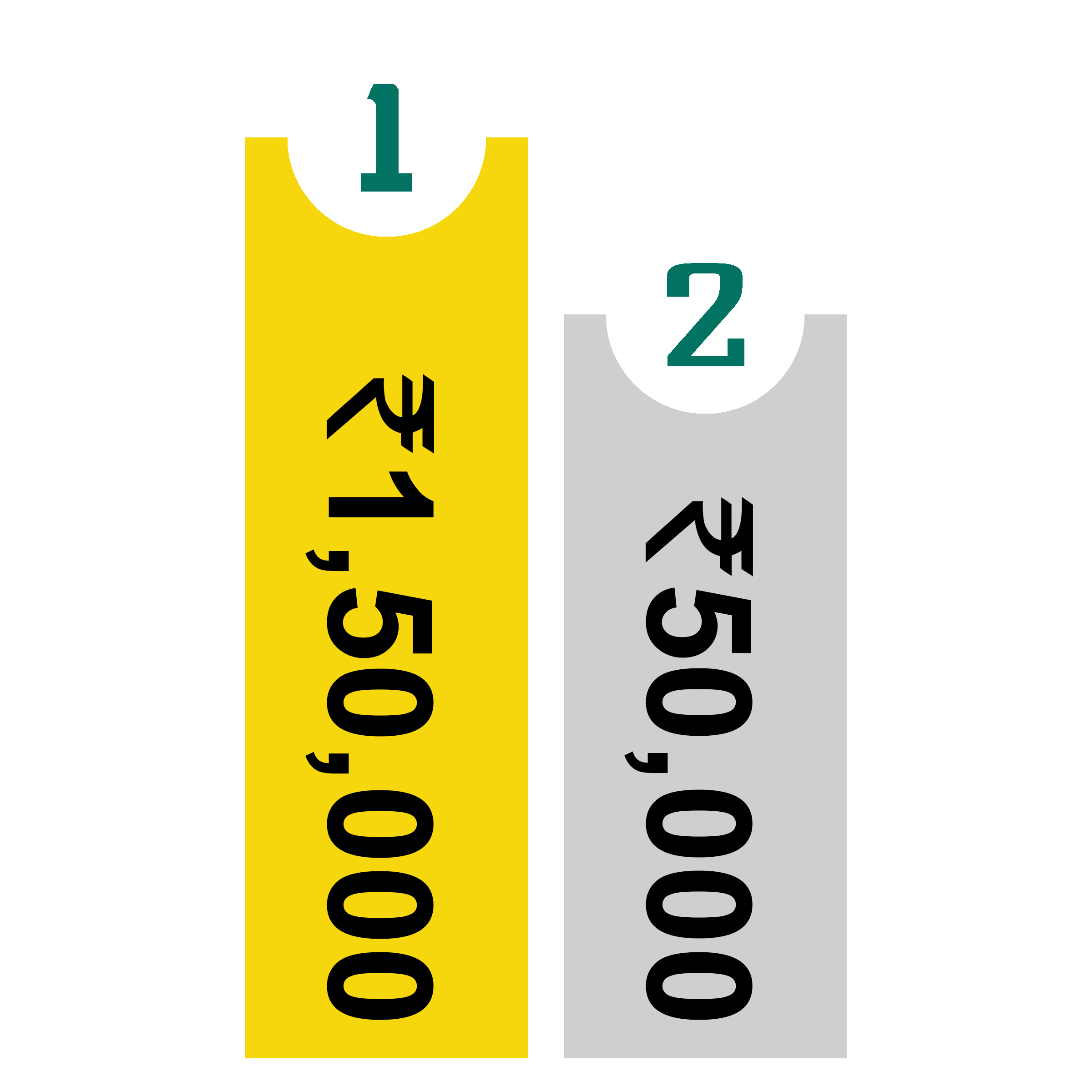
By joining the PJMT National Green Earth Challenge, you enter an ecosystem of innovation, mentorship, and visibility. As a participant, you can:
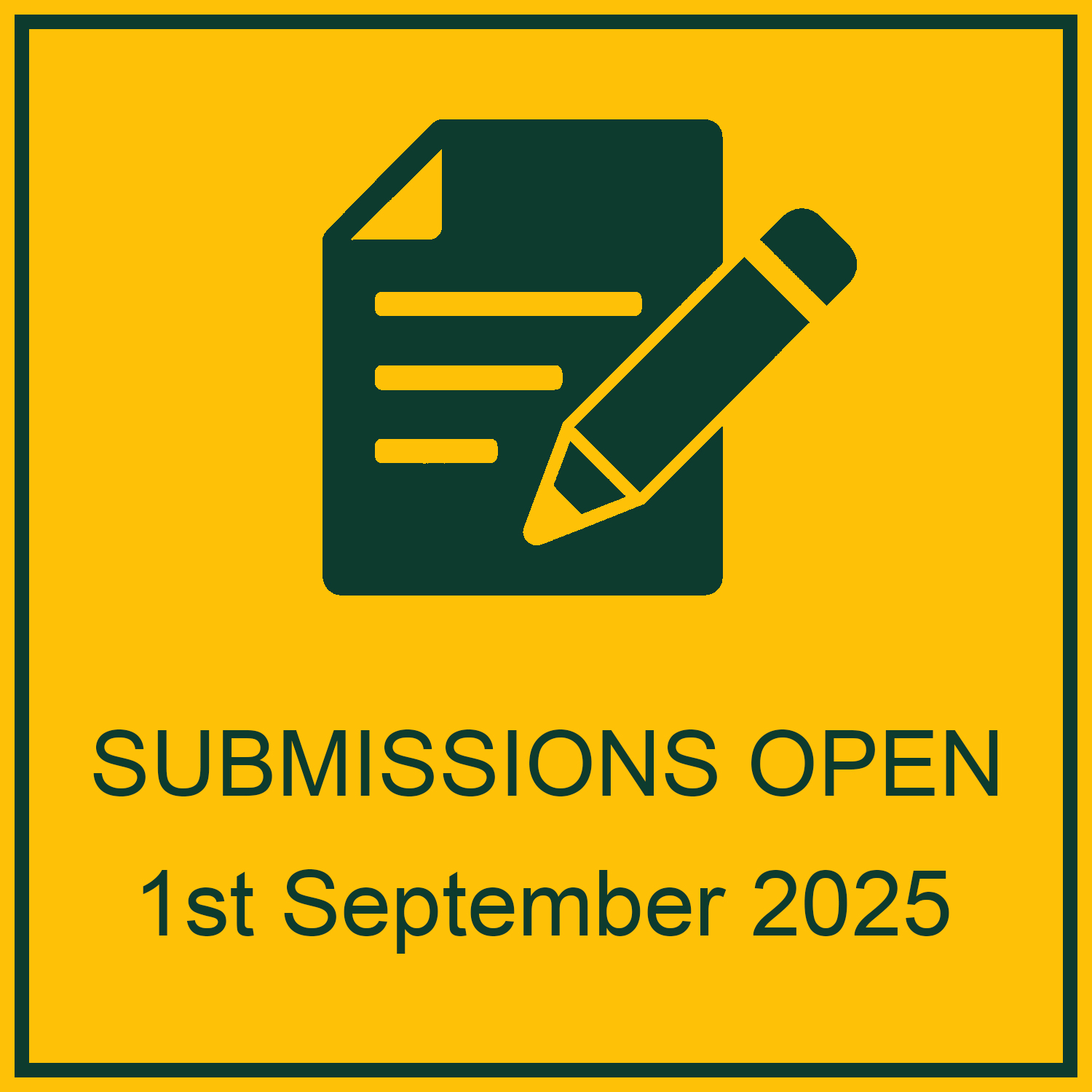
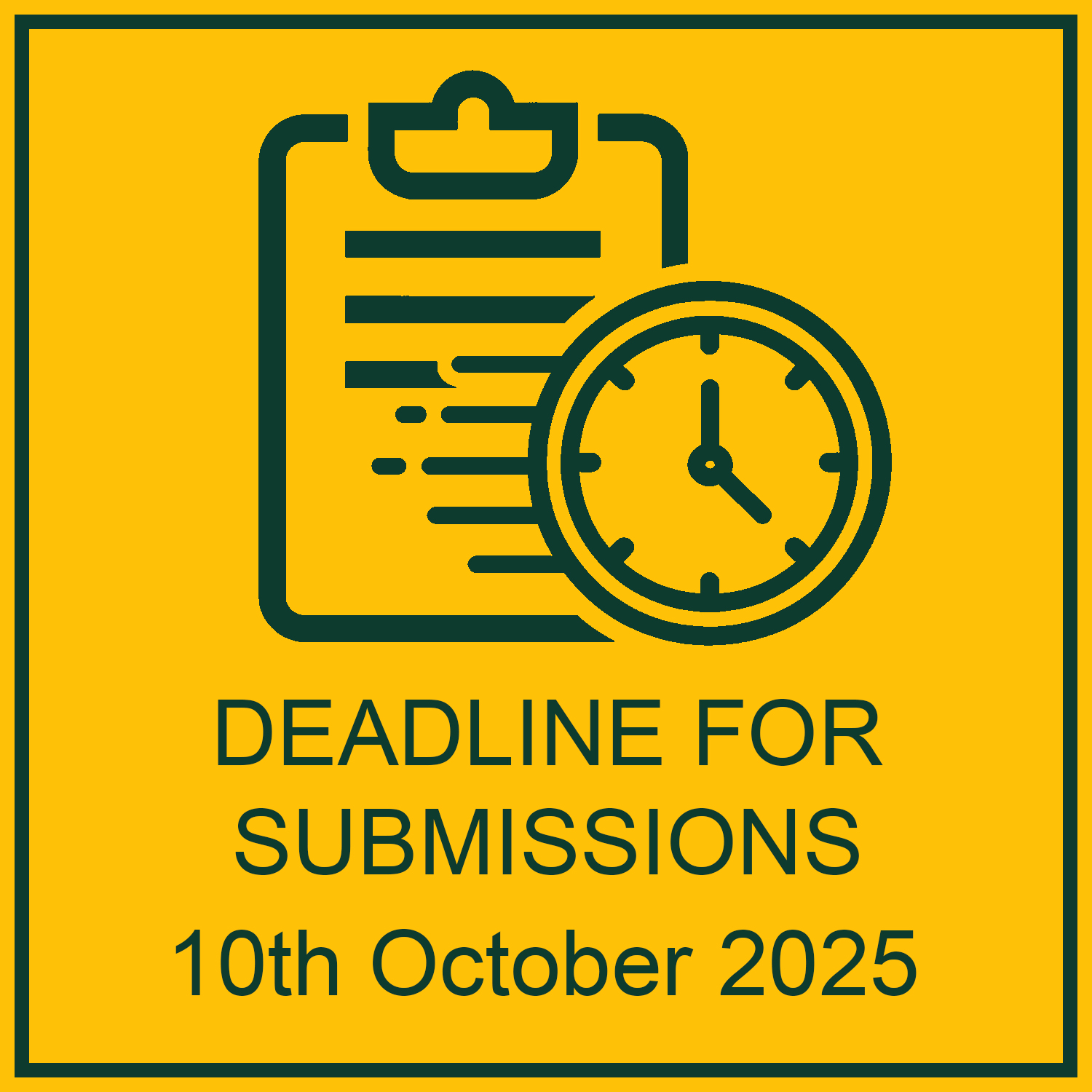

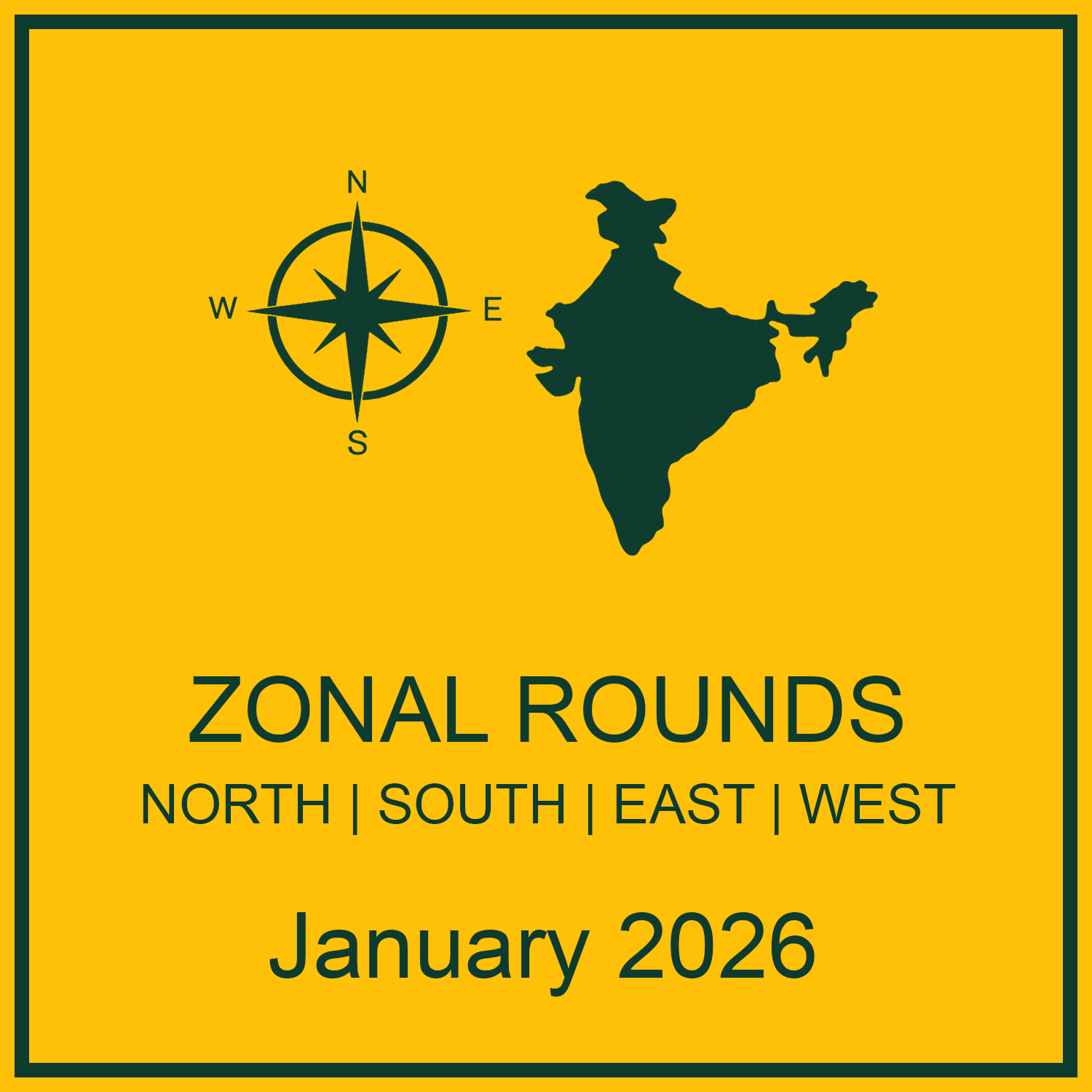
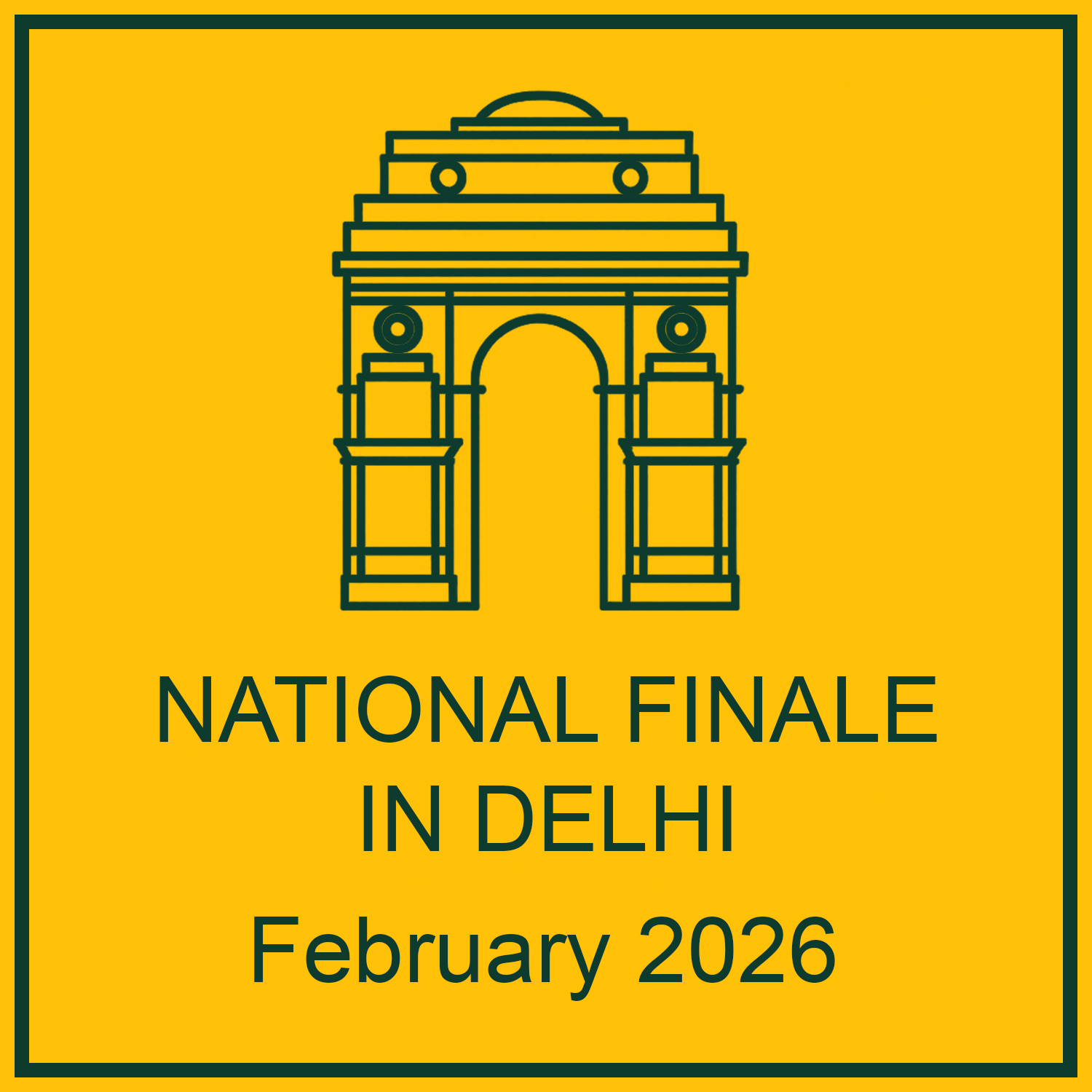
Each round of the challenge involves a panel of experts, who review all applications and rank the top solutions. Jury members include, but are not limited to, architects, entrepreneurs, creative directors, academics, conservationists, educators, and designers across various fields, from textiles to spatial design.
A panel of experts in the field will review all applications and rank the top solutions from four zones - North, East, South, and West.
The top solutions will present their submissions online to a distinguished jury in each zone. Per zone, three prizes will be awarded at this stage: zonal winner, zonal first runner-up, and zonal second runner-up.
The zonal winners and first runners-up advance to the third stage, competing in Delhi for the National Prize. They will present their solutions while incorporating feedback from previous stages. A national winner and national runner-up will be announced at this stage.
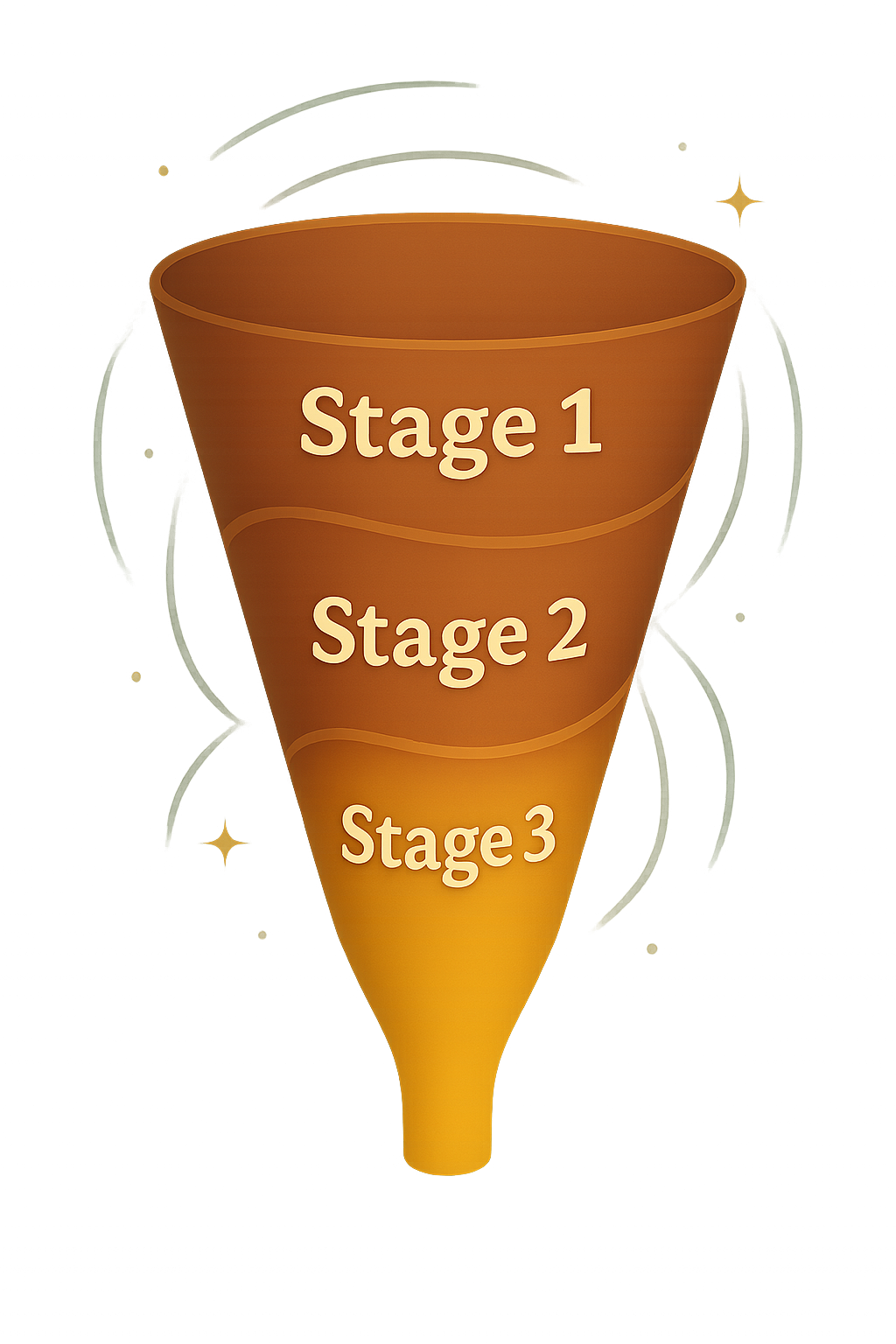
Integrates ideas, methods, and approaches from multiple disciplines to create innovative and holistic solutions.
Adheres to at least one principle of the Panchabhutas, and addresses at least one SGD goal.
The idea is original, fresh, and not plagiarized.
Grounded in practical use and designed to withstand real-world challenges.
Practical and affordable, optimizes resource use, minimizes waste, and can be scaled easily.
Visually appealing, safe, hygienic, and inviting.
Prem Jain Memorial Trust is organizing National Green Earth Challenge in collaboration with Young Leaders for Active Citizenship, Indian Green Building Council and The National Institute of Urban Affairs to ensure reaching a far and wide audience in a meaningful way.
Prem Jain Memorial Trust (PJMT) upholds Dr. Prem Jain’s legacy as the Father of the Green Building Movement in India. PJMT’s Mission is to create, establish and maintain sustainability through education, recognition, and nurturing future generations. The Trust aims to identify future leaders who can be a catalyst for the global development of sustainability, create awareness about the environment, and nurture India's young talent by educating them about sustainable development ecosystems.
Young Leaders for Active Citizenship (YLAC) empowers young people to engage in the democratic process and build their capacity to lead change. By broadening perspectives, fostering critical socio-political thinking, and building leadership skills, YLAC equips them to make a lasting impact on society. Their work spans various thematic areas, including sustainable mobility, climate justice, gender equity, and disability inclusion.
The National Institute of Urban Affairs (NIUA) is an autonomous body under the Ministry of Housing and Urban Affairs (MoHUA). NIUA is focusing on research, training, and information dissemination in urban development and management. The Urban Youth Unit (uYu) at NIUA aims to create a youth-centric ecosystem by involving young individuals in urban development through decision-making, research, and innovation.